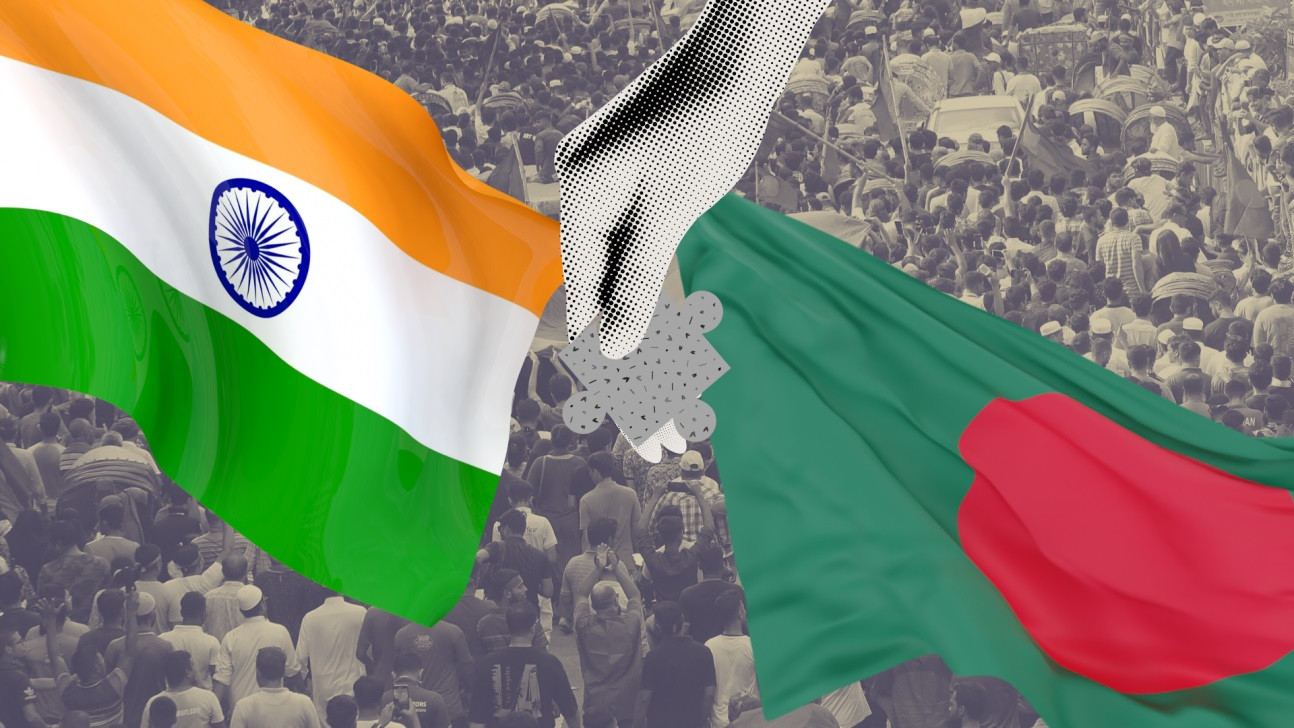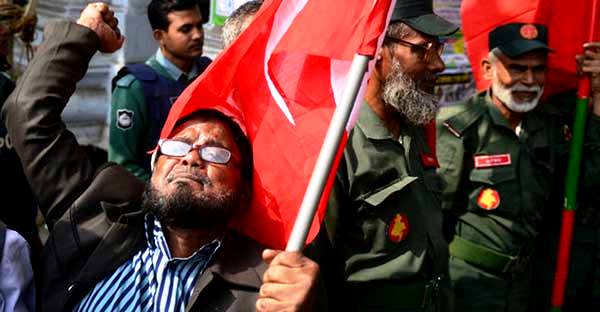Arrest of Hindu monk in Bangladesh and propaganda in India
There have been several cases of attacks on minorities in Bangladesh in…
A Justice Denied as Bangladesh Prosecutes War Crimes
Ronak D. Desai A special war crimes tribunal in Bangladesh sentenced an American…
Hundreds of Bangladeshi Tribals Seeking Refuge in India
BeyondHeadlines News Desk New Delhi: Communal tensions have flared up in the…



